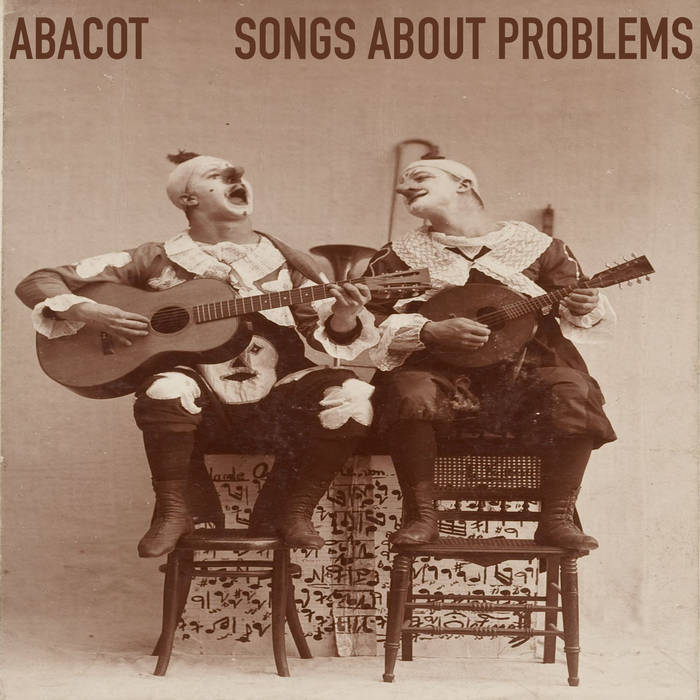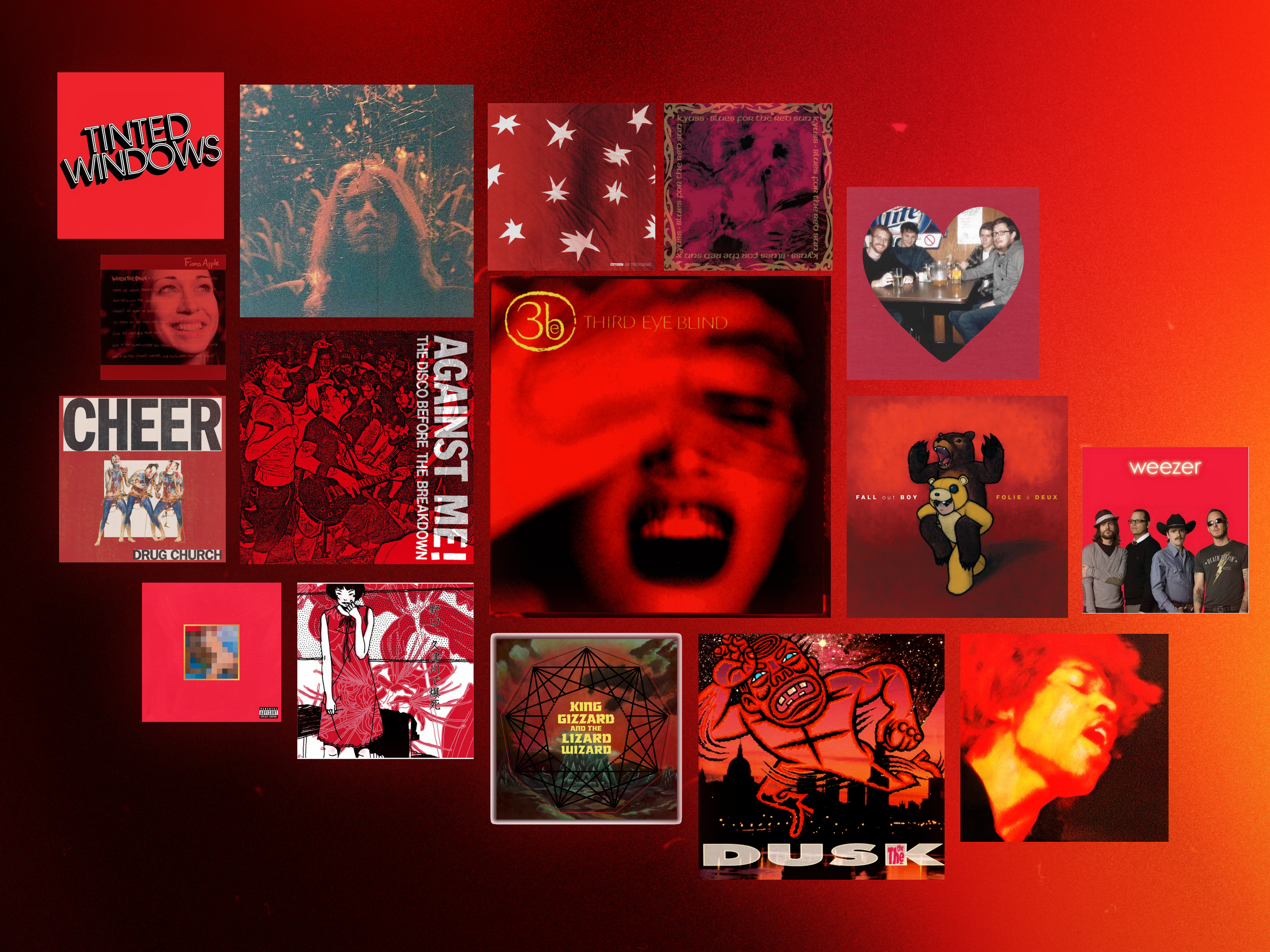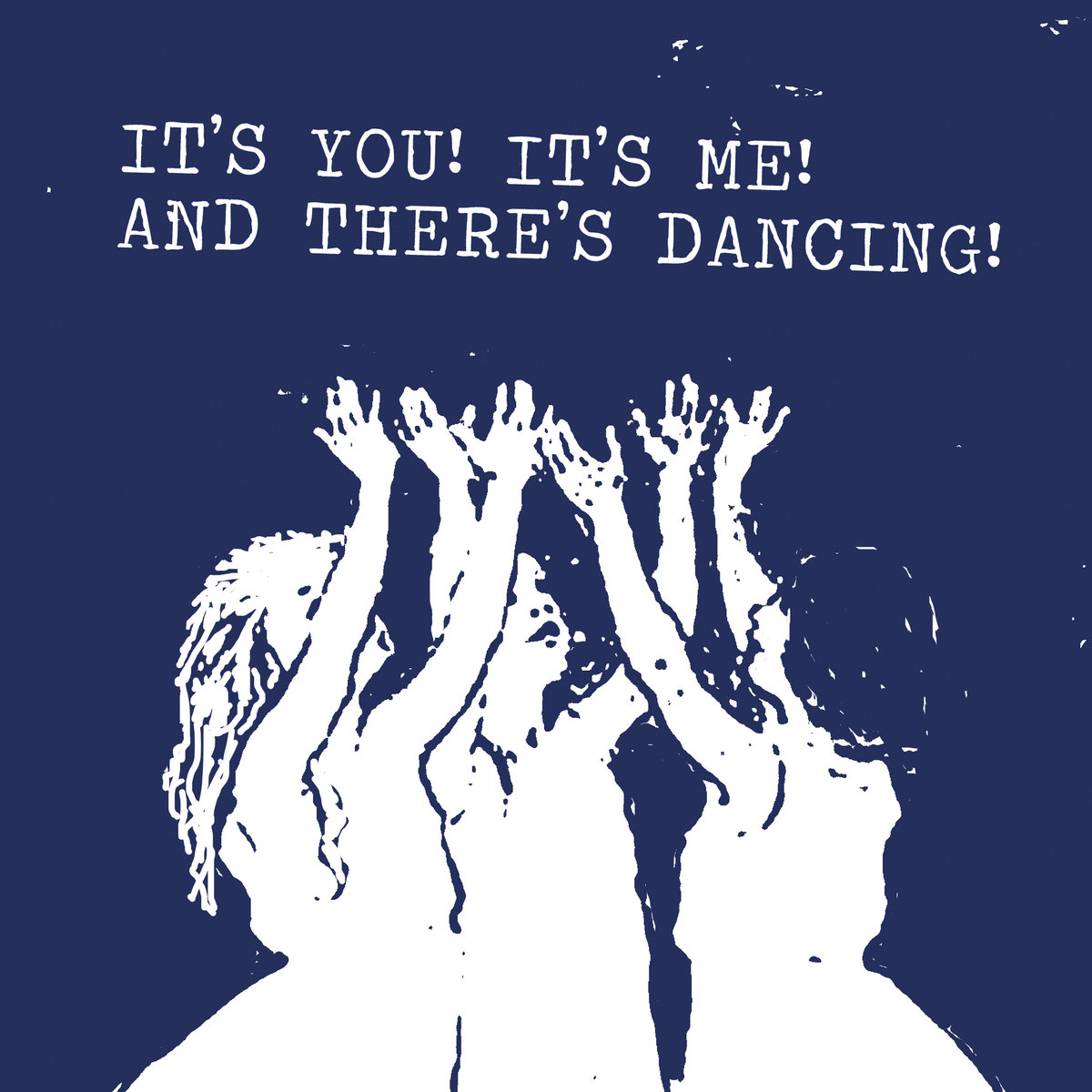Pavement – Crooked Rain, Crooked Rain | Album Retrospective
/Matador Records
In many ways, 1994 was the culmination of more than a decade of “alternative rock,” for better and for worse. While the year brought the loss of Kurt Cobain and furthered corporate influence into a historically underground form of art, it also introduced the world to Green Day’s Dookie, Weezer’s Blue Album, Nine Inch Nails’ The Downward Spiral, and countless other impactful albums. Released on Valentine’s Day of that year, Pavement’s sophomore full-length, Crooked Rain, Crooked Rain, also deserves a place among the year’s best records.
Upon release, the album was met with critical acclaim, with LA Times writer Richard Cromelin describing the songs as “music of constant invention” while rating the album three-and-a-half stars. Despite the appreciation from numerous outlets, Crooked Rain, Crooked Rain didn’t quite break through to the mainstream, topping out at #121 on the Billboard sales charts.
While it has been generally accepted as Pavement’s most digestible album, it shouldn’t come as much of a shock that it didn’t win over the public at large. Its songs, though largely catchy, are filled with non-sequiturs, abrupt outbursts of high-energy chaos, and an artful sloppiness that is just as endearing to some as it is repelling to others. Crooked Rain, Crooked Rain displays a softer touch than the band’s previous work, but Pavement made it clear they weren’t afraid to challenge listeners in some ways.
It’s telling that the album’s catchiest song and biggest hit, “Cut Your Hair,” is an overt parody of the commercial culture that had taken over rock music by the early 1990s – something that the members of Pavement were acutely aware of as constant targets for major label A&R representatives. Following their 1992 full-length debut, Slanted & Enchanted (and throughout their entire career), the band opted to remain with Matador Records rather than signing with one of the many majors courting them. The reasons behind that decision don’t matter; the important thing is it allowed Pavement to maintain creative freedom throughout their run. The band continued to walk a fine line between its pop sensibilities and some of its noisier elements, and this album has it all on full display.
The songs on Crooked Rain, Crooked Rain exist on a spectrum from accessible to slightly challenging. Poppier tracks like “Range Life” and, of course, “Cut Your Hair” exist alongside more experimental songs such as “Fillmore Jive” and “5-4=Unity.” Pavement’s vast assortment of influences is on full display across the album’s 12 tracks and. In addition to some of the more obvious inspirations like The Fall or The Replacements, it’s clear that at least some members of the band had an affinity for jazz and art rock groups such as The Velvet Underground. The latter influence is particularly evident during songs like “Hit the Plane Down,” the only track on the album penned by Scott Kannberg (AKA Spiral Stairs) rather than frontman Stephen Malkmus.
One of the album’s highlights, “Gold Soundz,” is a breezy summertime jam that offers wispy vocal melodies courtesy of Malkmus. It has an immediately memorable hook, but scratch underneath the surface, and you’ll find that the song features unconventional lyrics and composition.
I keep my address to yourself 'cause we need secrets
We need secret-cret-cret-cret-crets back right now
Following the second chorus, “Gold Soundz” breaks down into an extended instrumental bridge, with a thumping back line driving a pair of jangly guitar solos that interplay and harmonize with each other for nearly a minute before Malkmus’ voice returns to belt out another of the album’s iconic lines.
So drunk in the August sun and you’re the kind of girl I like
Because you’re empty and I’m empty and you can never quarantine the past
Later on in the album, the song “Range Life” stands out. The track is perhaps best known for sparking a long-running feud between Pavement and The Smashing Pumpkins. Set off by a harmless verse poking fun at the massively popular band, Smashing Pumpkins’ Billy Corgan held a grudge against Malkmus and company, continuing to take public jabs at the band in the press for years afterward.
Out on tour with the Smashing Pumpkins
Nature kids, I - they don’t have no function
I don’t understand what they mean and I could really give a fuck
Musically, the song displays a strong country/western influence – something that has grown popular these days but was more of a rarity in alternative rock at the time. Unlike other tracks on the album, “Range Life” features fairly basic chords and composition. The minimalism allows the vocals and lead guitar to take center stage, with Malkmus delivering earnest lyrics about the lifestyle of a touring musician. Near the end of the song, a honky-tonk piano is brought to the forefront to complement the country vibe before the band ends everything in a typically unserious fashion. The track is a fan favorite and has been played quite a bit through the ongoing Pavement reunion.
Like Crooked Rain, Crooked Rain, I am a product of 1994, born just a few weeks after the album’s release. Over the course of the following 10, 15, and 20 years, I would discover the joys of bands like Green Day, Weezer, Nine Inch Nails, and many others from this era. Though I would see Pavement’s name pop up from time to time and may even have casually checked out a song or two, the band didn’t catch my full attention until more recent years.
While I’ve since had the pleasure of digging deeply into the rest of Pavement’s discography, Crooked Rain, Crooked Rain was the starting point for me, as I’m sure it has been for many others. The album is the perfect mix of accessibility, laid-back charm, and unique musical choices that could only be made by Pavement, acting as a stepping stone to get into the band. Swim Into The Sound’s own Taylor Grimes has written about the appeal of music that takes time to fully appreciate, and Crooked Rain offers immediate enjoyment while revealing more about itself with each repeat listen.
Good night to the rock ‘n’ roll era
While Malkmus later described these “Fillmore Jive” lyrics as tongue-in-cheek during a conversation with Rolling Stone, in many ways, his words proved to be eerily prescient. The collapse of the music industry was right around the corner, with the rise of CDs and, soon after, the advent of file-sharing programs like Napster, forcing immense change across the industry. To this day, it would be difficult to argue that the business has fully acclimated to the existence of the internet, with streaming services like Spotify continuing to deny artists their fair share. In addition to paying musicians fractions of a cent per stream, Spotify recently announced changes to the platform that will see them withhold all royalties until an artist reaches 1,000 streams.
Despite the bleak climate of the music industry, Pavement has found new life in recent years. The track “Harness Your Hopes,” a B-side off 1997’s Brighten The Corners, picked up steam on Tik-Tok, introducing a new generation to the notorious slacker-rockers and turning hordes of them into fans in the process. Additionally, the band has had a clear impact on artists that followed in their wake, such as Kurt Vile, Parquet Courts, and MJ Lenderman.
After breaking up in 1999 and reuniting briefly in 2010, Pavement announced that they would be touring again in 2019. Their return was delayed by the COVID-19 pandemic, but the band played shows throughout 2022 and 2023. This spring, Pavement will head to South America to complete a run of shows, and following that, their future remains uncertain. It might be too much to expect any new music, and it’s unclear if they intend to continue at all. Still, it’s been a pleasure to see the band return to play for original fans and the next generation, with plenty of songs from Crooked Rain, Crooked Rain continuing to fill out the band’s set.
Despite its age, I don’t believe the appreciation for Crooked Rain, Crooked Rain is rooted in nostalgia. The album sounds as fresh and invigorating today as I imagine it did upon release, and it’s not hard to envision the kind of success it would see if it came out today rather than in 1994.
Like all the best records, Crooked Rain, Crooked Rain offers something different on every track while still maintaining enough musical continuity to tie everything together. It’s an album of dualities. There is the blend of familiar pop sensibilities with something a little stranger and more chaotic, similar in theory to what Nirvana had accomplished in the years prior but in a very different manner. On top of that, Malkmus nails the art of balancing earnestness with his trademark wit.
The combination of these factors helps the album stand out, but being interesting doesn’t automatically make something truly great. The songs have to be good and stand the test of time, and they absolutely do here. From the playful opening notes of “Silence Kid” to the cathartic outro in “Fillmore Jive,” Crooked Rain, Crooked Rain is thoroughly engaging. Fitting of its Valentine’s Day release date, it’s an easy record to fall in love with. Thirty years after Pavement unleashed their sophomore album upon the world, it’s still winning over new listeners and will continue to do so.
Nick Miller is a freelance writer from Ypsilanti, Michigan, primarily writing about the world of professional wrestling. He also enjoys playing music, reading, tabletop RPGs, and logging Letterboxd entries (AKA watching movies). You can find him on X at @nickmiller4321 or on Instagram at @nickmiller5678.






